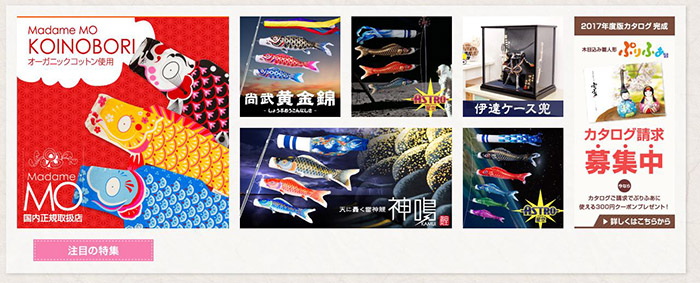
Golden Week is a Japanese festival renowned for a cluster of national holidays that stretch from the 29th of April to 5th of May: it has also become a period of relaxation and shopping for many Japanese. If you did not manage to tap into this booming retail opportunity this year, it is a good time to start planning for the next event and capitalise on Japan’s growing ecommerce potential.
The first day of the Golden Week was originally dedicated to the birthday of a former emperor know as Showa from whom the holiday takes its name. Today, the official purpose of the festivity is to encourage public reflection on the unity of the country, but the Japanese take the chance to enjoy their free time out of work. The inability to book trains or hotels around this period of the year proves the success of the leisure-based industry that, fittingly, expects a spike in its revenue year after year.
The extended holiday period also includes Constitution Memorial Day (3rd of May) Greener Day (4th of May) and Children’s Day (5th of May) and makes the Golden Week the longest vacation period of the year for many Japanese workers.
In Japan, festivals are everywhere during the Golden Week and, since most workers on holiday, Japanese locals spend more time shopping, both in physical and ecommerce stores. This potentially makes Golden Week one of the most lucrative periods of the year, especially for European retailers and luxury brands.
Many ecommerce shops and marketplaces set up a number of different offers to satisfy the Japanese craving for relaxation and enjoyment. Traditionally, at this time of the year, Japanese people take a day trip to the country or even longer if they are going abroad.
On the Rakuten Travel hotel reservation site, planned family trips to Nagoya saw the largest jump in growth, with an increase of 7.8% thanks to the entertainment district and Legoland Japan opening there in April.
On the other hand, since Golden Week is a hectic period of the year for travelling, a substantial number of Japanese prefer not to move out of their local cities. According to a recent Biglobe survey, 40% of respondents chose to rest at home while 24% decided to dedicate their holidays to shopping.
To prepare for the Golden Week trips, Japanese consumers like to buy travel accessories or gifts for others as well as presents for themselves. Shopping has become a fundamental part of the festivities, to the extent that several brands and marketplaces have started dedicated sales or special edition products.
A full range of bags, picnic baskets, tourist guides or even fashion accessories for travelling to both seaside or mountains are often available alongside travel offers.

On the 5th May, children are celebrated as part of Kodomo No Hi, originally a festival to celebrate male heirs, it has now become a celebration of all children. This is an important occasion for all local families to party, play and give gifts to their little ones. Consequently, toys, kites, and cakes are also highly requested as essential components of the traditional celebrations.
“Koinobori” – kites in the shape of carps – are also a usual part of the celebration; they are symbols of courage and energy because carps are able to swim up creeks and even waterfalls: this makes them a powerful wish for all the Japanese children. So, focus on pushing craft items that can be bought to embellish these kites or include the carp figure in your marketing promotions.

Let us develop a tailored solution for your business that will help you reach new international customers and grow your global sales.
get in touch